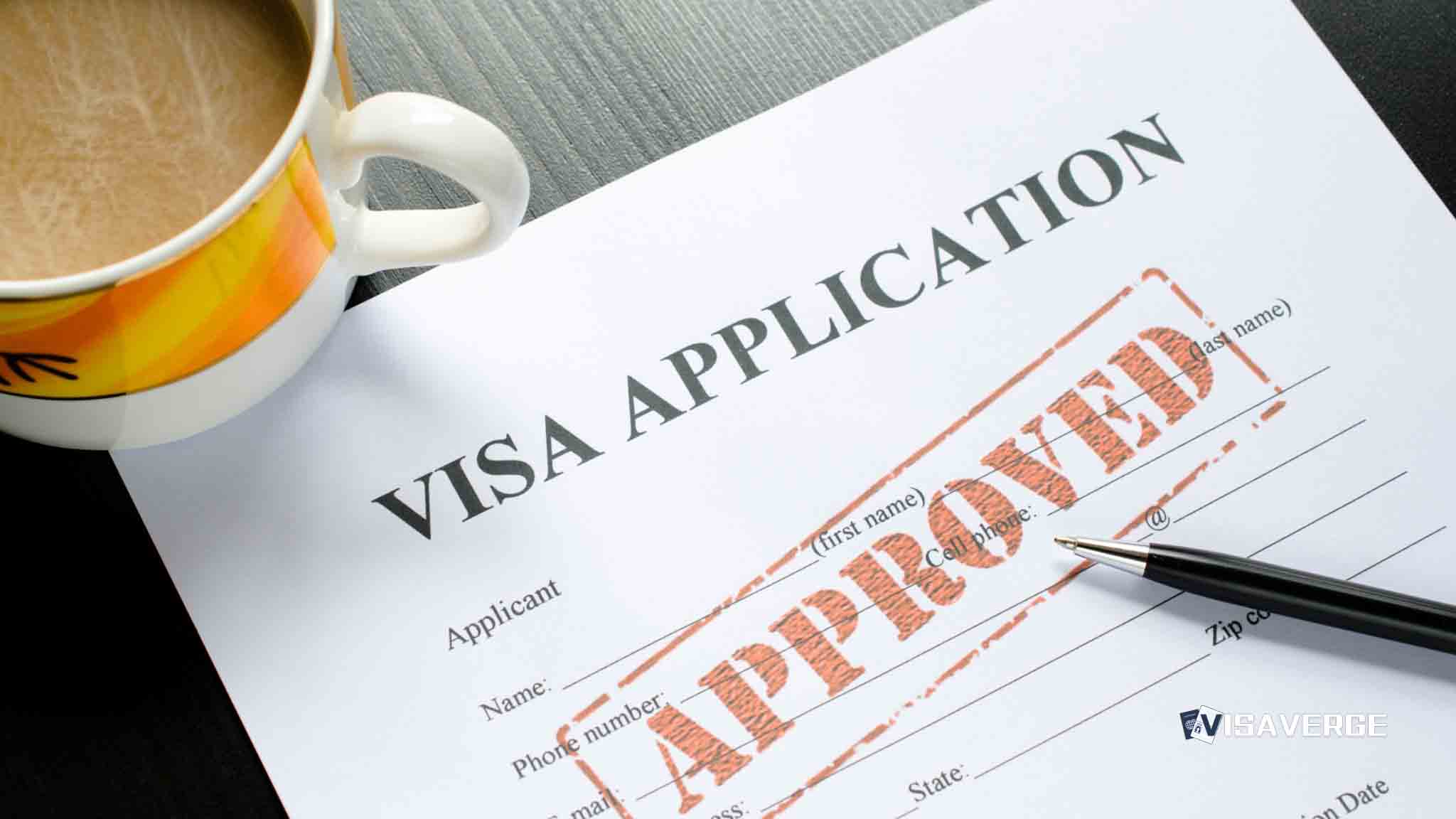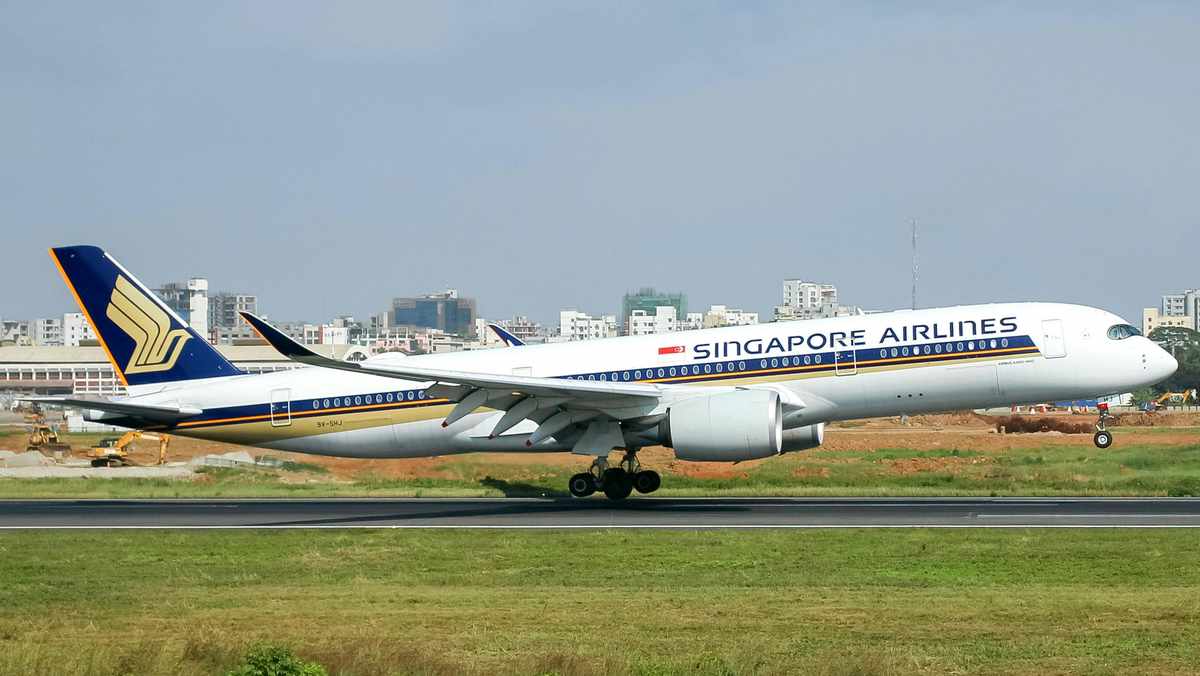Virgin Australia will become the first airline in Australia to allow pets in the cabin with their owners on select domestic flights, starting by the end of 2025. This change follows approval from the Civil Aviation Safety Authority (CASA) in June 2025, after a long process involving health, safety, and industry experts. The service will launch with a trial on the busy Melbourne–Sydney route, with plans to expand to other domestic routes if successful.
Only small cats and dogs will be allowed. The combined weight of the pet and carrier must not exceed 8kg. Pets must stay in a Virgin Australia-approved carrier under the seat in front of the owner for the entire flight. Owners and their pets will sit in special rows to help manage allergies and comfort for all passengers. Pets cannot roam the cabin or sit on laps. The pet carrier will count as one of the passenger’s two carry-on items. While Virgin Australia has not set the exact fee, similar services in other countries charge between A$80 and A$200 per flight segment.

Major airports like Sydney and Melbourne have upgraded their animal relief areas to support this new service. There is no change for certified assistance animals, which can still travel in the cabin at no extra cost. Until now, no Australian airline allowed pets in the cabin except for assistance animals. All other pets traveled in the cargo hold, which many owners found stressful and risky for their animals. Qantas, REX, and Jetstar still do not allow pets in the cabin.
CASA changed its rules in December 2021 to let airlines offer pets in the cabin, but Virgin Australia is the first to use this option. Many airlines in North America and Europe already allow small pets in the cabin on domestic flights, using similar rules for weight and carrier size.
For pet owners, this new policy brings more flexibility and peace of mind. Virgin Australia’s research shows that nearly 70% of pet owners would use the service, and 57% would fly more often if it were available. The airline is working with medical experts to address allergy and safety concerns, including special seating and better cleaning. Airports are also investing in animal relief and handling areas.
Virgin Australia CEO Dave Emerson explained, “Anytime you’re doing something that’s new to the country and new to regulations there’s just a lot of stuff you have got to work out, so we had to work that out.” Melbourne Airport CEO Lorie Argus added, “We expect the pets in cabin concept will prove a popular offering and we look forward to working with Virgin Australia to make it a reality.”
To book, owners must check that their pet is a small cat or dog under 8kg with the carrier, reserve a pet-friendly flight, use an approved carrier, and pay the extra fee. Pets must stay in the carrier at all times except for security checks and relief breaks.
For more details on the rules and safety guidelines, visit the Civil Aviation Safety Authority website. As reported by VisaVerge.com, this move could lead other airlines to follow, changing domestic travel for pet owners in Australia.
Learn Today
Civil Aviation Safety Authority (CASA) → Australia’s government body regulating aviation safety, authorizing new pet cabin policies.
Pet carrier → A container approved by Virgin Australia to securely hold pets under seat during flights.
Domestic flights → Flights operating within one country, specifically Australian internal routes in this context.
Allergy-safe zones → Designated seating areas to manage allergies by separating pet owners from others aboard.
Carry-on items → Personal belongings permitted on board; pet carrier counts as one item per passenger.
This Article in a Nutshell
Virgin Australia will pioneer allowing small cats and dogs in the cabin on domestic routes by 2025. Pets must stay in approved carriers under seats. This creates safer, stress-free travel for pets and owners, with allergy-safe zones and upgraded airport facilities, enhancing the Australian domestic flying experience.
— By VisaVerge.com













